As women in their 40s and 50s, our bodies go through significant changes during perimenopause and menopause—from hormonal fluctuations to shifts in metabolism, muscle loss, and increased fatigue. One of the most powerful ways to support our health, energy, and weight management during this time is through a high-protein diet.
I’m Elaine Ellis, a mum of two, entrepreneur, and constantly on the look out for the best nutritional food and supplements for women’s health. After facing the rollercoaster of perimenopause symptoms—chronic fatigue, mood swings, weight gain, and poor sleep—I realised how crucial the right nutrition is for managing these changes. That’s why I’m passionate about creating supplements through Sentro Labs and sharing my lifestyle tips so that it might help other women find simple, effective ways to feel their best through diet and lifestyle.
In this blog post, we’ll dive into:
✅ Why protein is crucial for women in perimenopause & menopause
✅ The best protein sources during menopause
✅ High-protein meal ideas for menopause that are quick and easy
✅ How a high-protein diet supports weight loss during peri/menopause
Why is Protein So Important for Women in Perimenopause & Menopause?
As oestrogen levels decline in perimenopause and menopause, several changes occur:
🚨 Muscle Loss: We naturally lose muscle mass as we age, leading to a slower metabolism.
🚨 Weight Gain: A decrease in muscle mass means we burn fewer calories, making weight management harder.
🚨 Blood Sugar Fluctuations: Without enough protein, blood sugar spikes and crashes can cause cravings and fatigue.
🚨 Bone Health Concerns: Protein supports bone strength, reducing the risk of osteoporosis.
A protein-rich diet for perimenopause helps counteract these changes by:
✔ Preserving muscle mass and keeping metabolism strong
✔ Supporting weight management and reducing belly fat
✔ Keeping you full longer, reducing cravings
✔ Balancing blood sugar and energy levels
✔ Supporting collagen production for healthy skin, hair, and joints
If you’re looking for a perimenopause diet plan high in protein, keep reading for the best sources and easy meal ideas!
Best Protein Sources During Menopause
When choosing high-protein foods, it’s important to include a variety of sources to get all the essential amino acids. Here are the best protein sources during menopause:
Animal-Based Protein Sources
🥚 Eggs – A complete protein, great for breakfast or snacks
🐟 Salmon & Oily Fish – Rich in omega-3s for brain and heart health
🍗 Chicken & Turkey – Lean, high-quality protein for muscle support
🥩 Lean Beef & Lamb – Packed with iron and B vitamins
🧀 Greek Yogurt & Cottage Cheese – High in protein and gut-friendly probiotics
Plant-Based Protein Sources
🌱 Lentils & Chickpeas – Excellent for soups, stews, and salads
🌰 Nuts & Seeds – Almonds, chia seeds, and hemp seeds offer protein and healthy fats
🍛 Tofu & Tempeh – Great meat alternatives rich in protein and phytoestrogens
🥤 Protein Powders (Plant-Based) – An easy way to boost protein intake in smoothies
How a High-Protein Diet Supports Weight Loss During Menopause
One of the biggest challenges during perimenopause and menopause is managing weight gain, especially around the belly. Menopause weight loss with a high-protein diet works because:
✔ Protein keeps you fuller for longer, reducing overeating and cravings.
✔ It increases metabolism, helping you burn more calories even at rest.
✔ It stabilises blood sugar, preventing energy crashes that lead to snacking.
✔ It preserves muscle mass, ensuring that weight loss comes from fat rather than muscle.
By prioritising protein at every meal, you can maintain a healthy weight, build lean muscle, and feel more energised throughout the day.
High-Protein Meal Ideas for Menopause
Now that we know why protein is essential, let’s talk about how to add more to your daily diet with easy high-protein meals for perimenopause.
High-Protein Breakfast Ideas for Menopause
🍳 3 x Scrambled eggs with spinach & feta (20g protein)
🥣 Greek yogurt or cottage cheese with berries, flaxseeds & almonds (25g protein)
🥤 Protein smoothie with banana, chia seeds & almond butter (30g protein)
🍞 Wholegrain toast with smoked salmon & avocado (18g protein)
🥑 Tofu scramble with mushrooms & nutritional yeast (20g protein)
💡 Tip: Adding protein to breakfast helps prevent energy crashes and mid-morning cravings!
High-Protein Lunch & Dinner Ideas
🥗 Grilled chicken salad with quinoa & walnuts (35g protein)
🥙 Lentil & chickpea curry with brown rice (28g protein)
🥘 Salmon with roasted sweet potatoes & steamed greens (40g protein)
🌮 Turkey mince tacos with Greek yogurt & avocado (33g protein)
🍛 Stir-fried tofu with broccoli & cashews over brown rice (30g protein)
💡 Tip: Aiming for 20–30g of protein per meal ensures muscle support, blood sugar stability, and sustained energy.
High-Protein Snacks for Perimenopause
🥚 Hard-boiled eggs with hummus (15g protein)
🥤 Protein shake with almond milk & banana (25g protein)
🥜 Handful of almonds & pumpkin seeds (10g protein)
🧀 Cottage cheese with sliced peaches (18g protein)
🌰 Chia pudding with coconut milk & berries (12g protein)
💡 Tip: Eating protein-rich snacks between meals keeps energy levels stable and reduces cravings.
Protein Intake Recommendations for Menopause
So, how much protein do you actually need?
✔ Women over 40 should aim for 1.2–1.6g of protein per kg of body weight.
✔ This means if you weigh 70kg (154 lbs), you should consume 84–112g of protein daily.
✔ Spread your protein intake evenly across meals and snacks for the best results.
💡 Not sure if you’re getting enough? Tracking your protein intake for a few days can help you see where adjustments are needed.
Make Protein a Priority for Better Health
If you’re in your 40s or 50s and struggling with energy, weight gain, or muscle loss, increasing your protein intake can be a game-changer.
By focusing on high-protein meals for menopause, you can:
✔ Boost metabolism & maintain muscle
✔ Support bone health & prevent osteoporosis
✔ Keep energy levels stable & reduce cravings
✔ Improve weight management & reduce belly fat
Whether you’re looking for a perimenopause diet plan high in protein or quick high-protein meal ideas, making simple dietary shifts can have a huge impact on how you feel.
💬 I’d love to hear from you! What are your go-to high-protein meals? Let me know in the comments, and stay tuned for more nutrition tips tailored for women in perimenopause and menopause.
Elaine x.
Co-Founder @SentroLabs

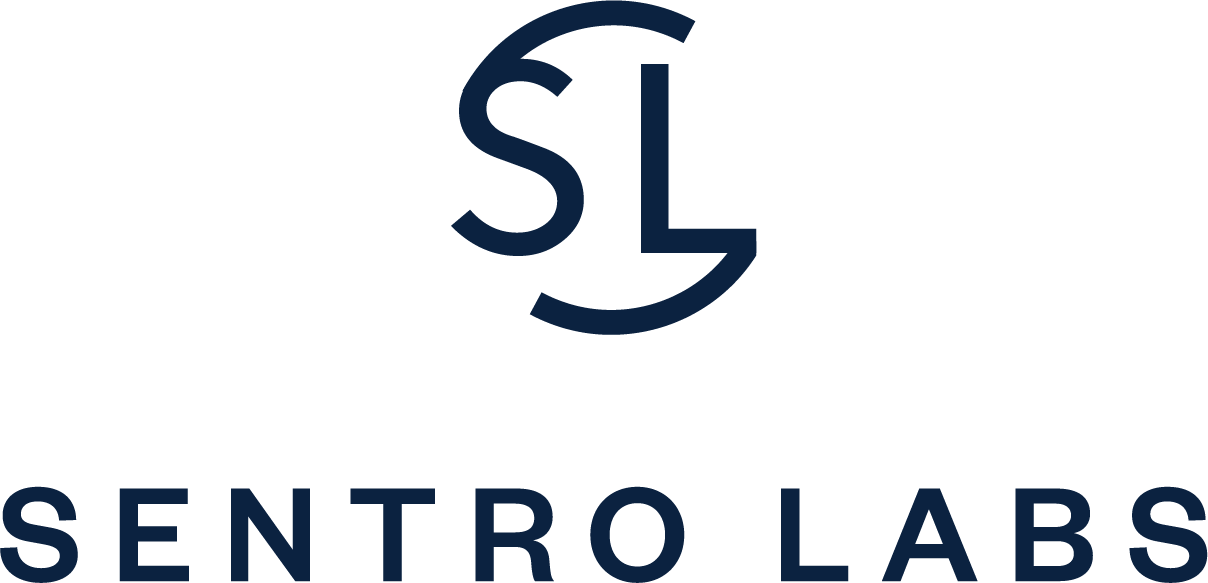


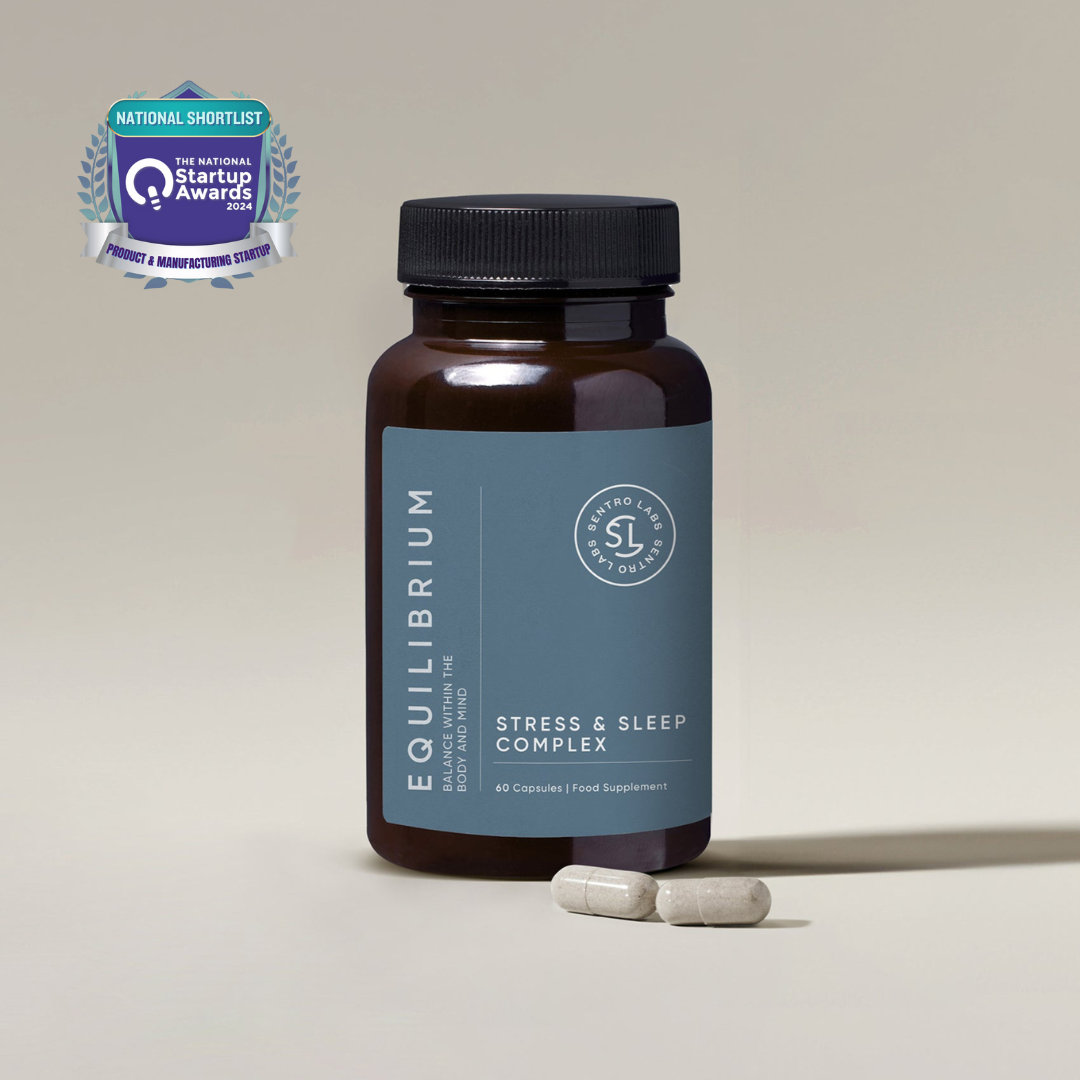


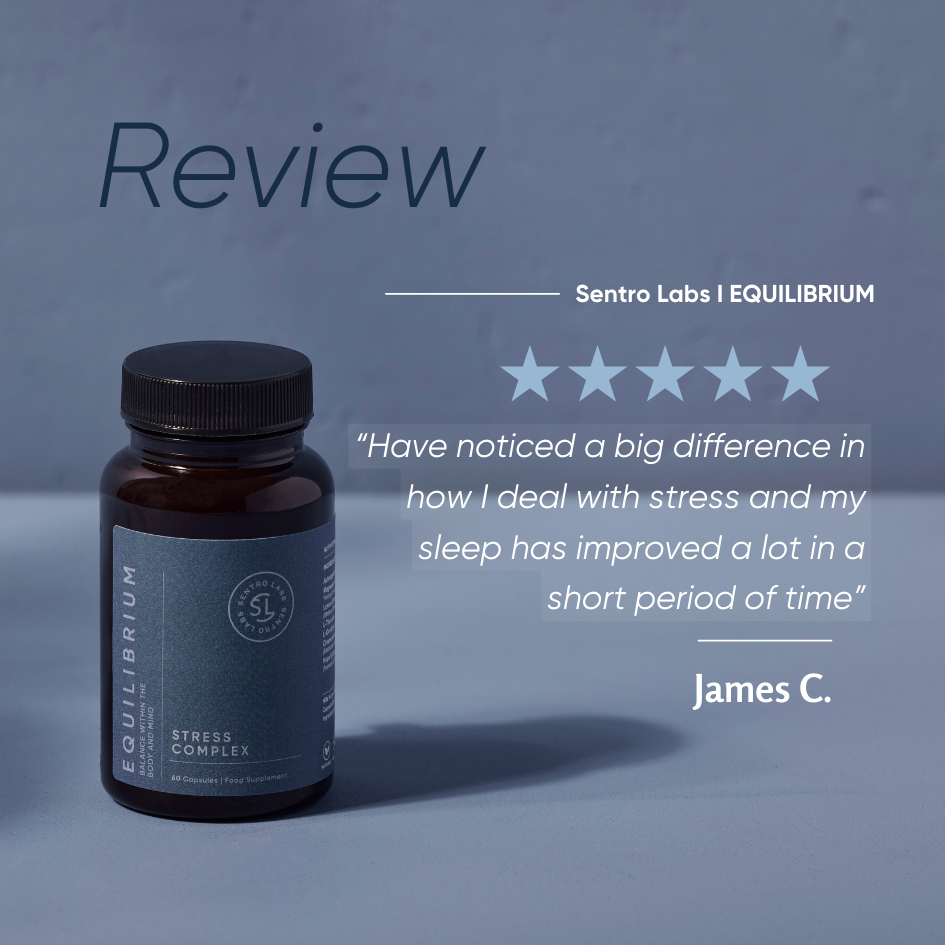
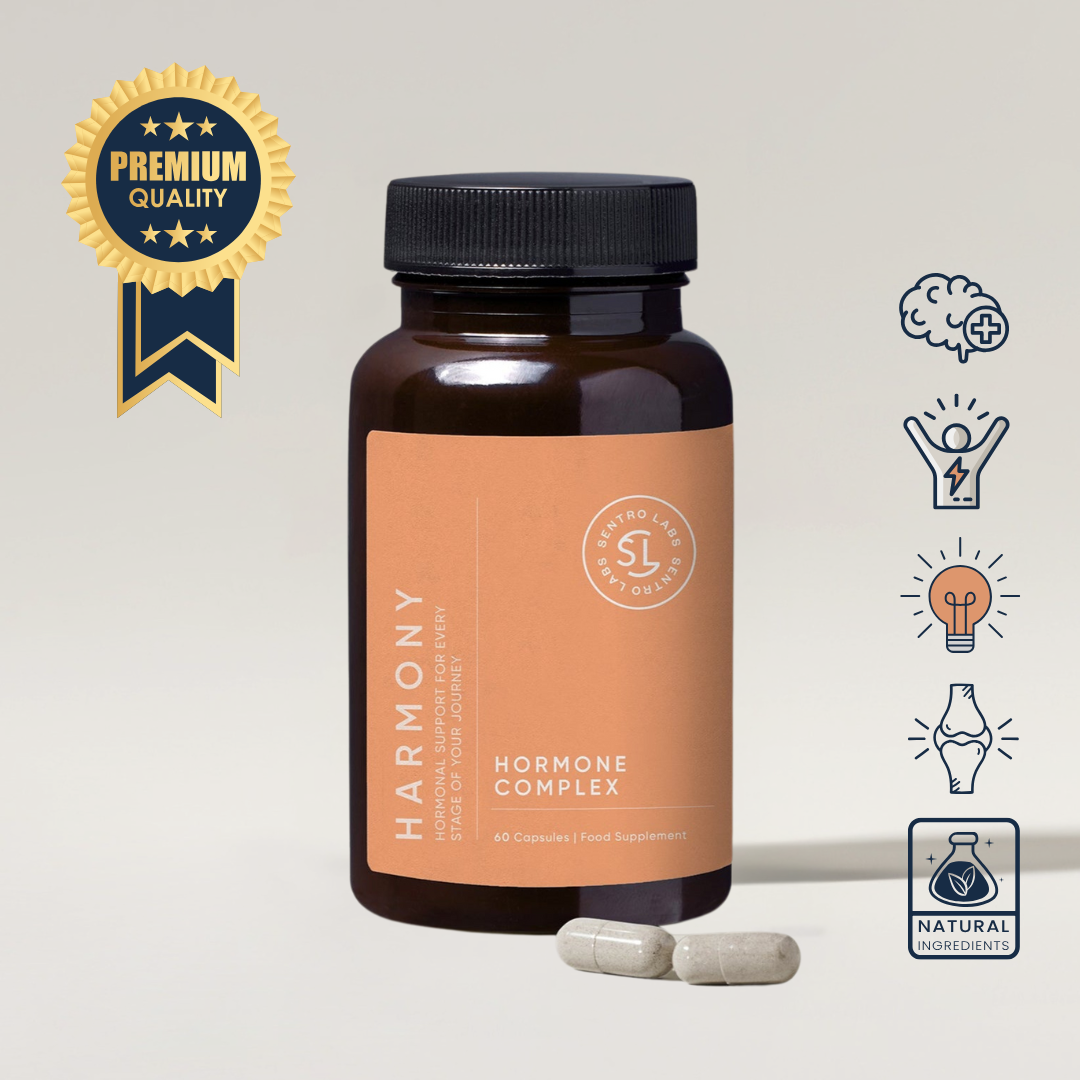
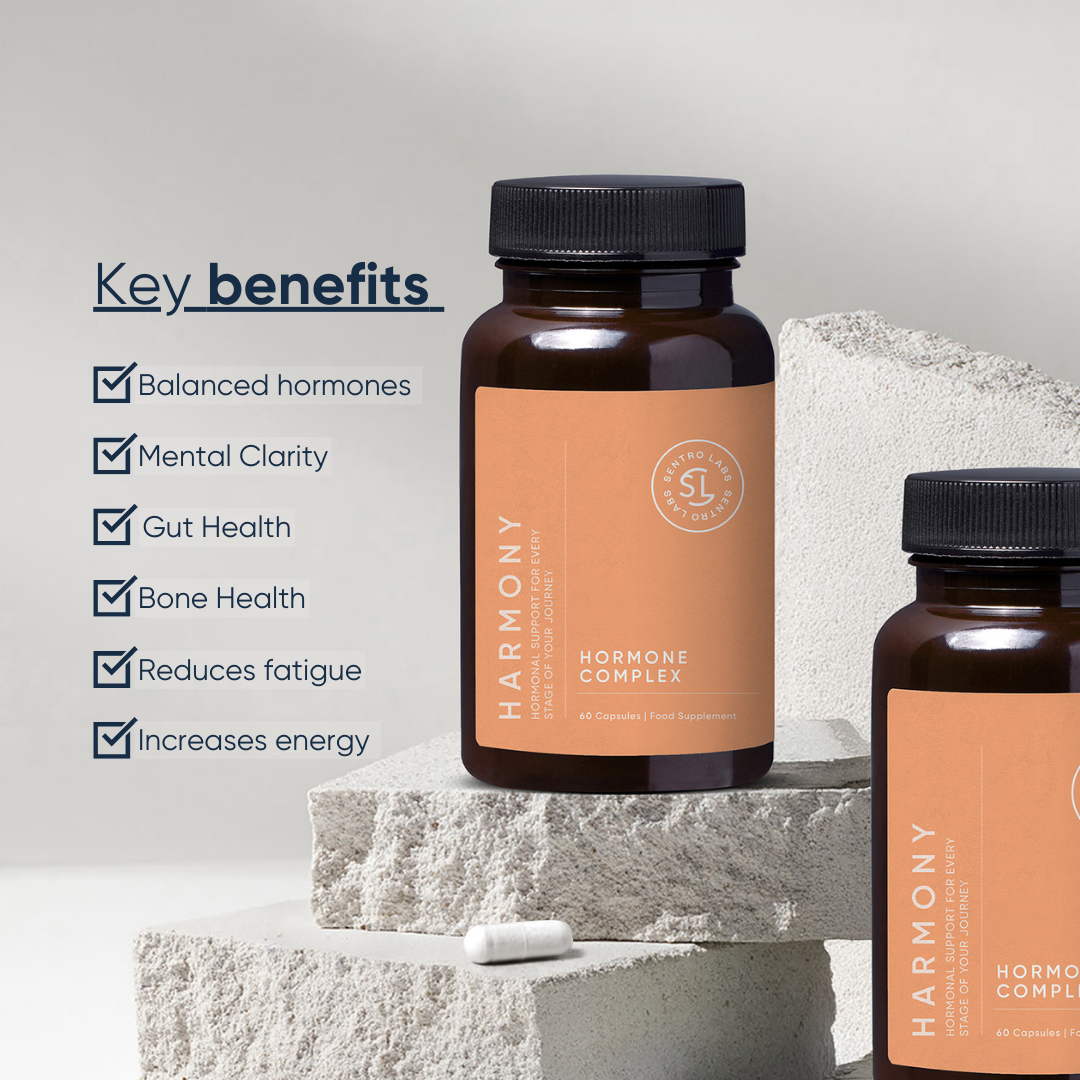
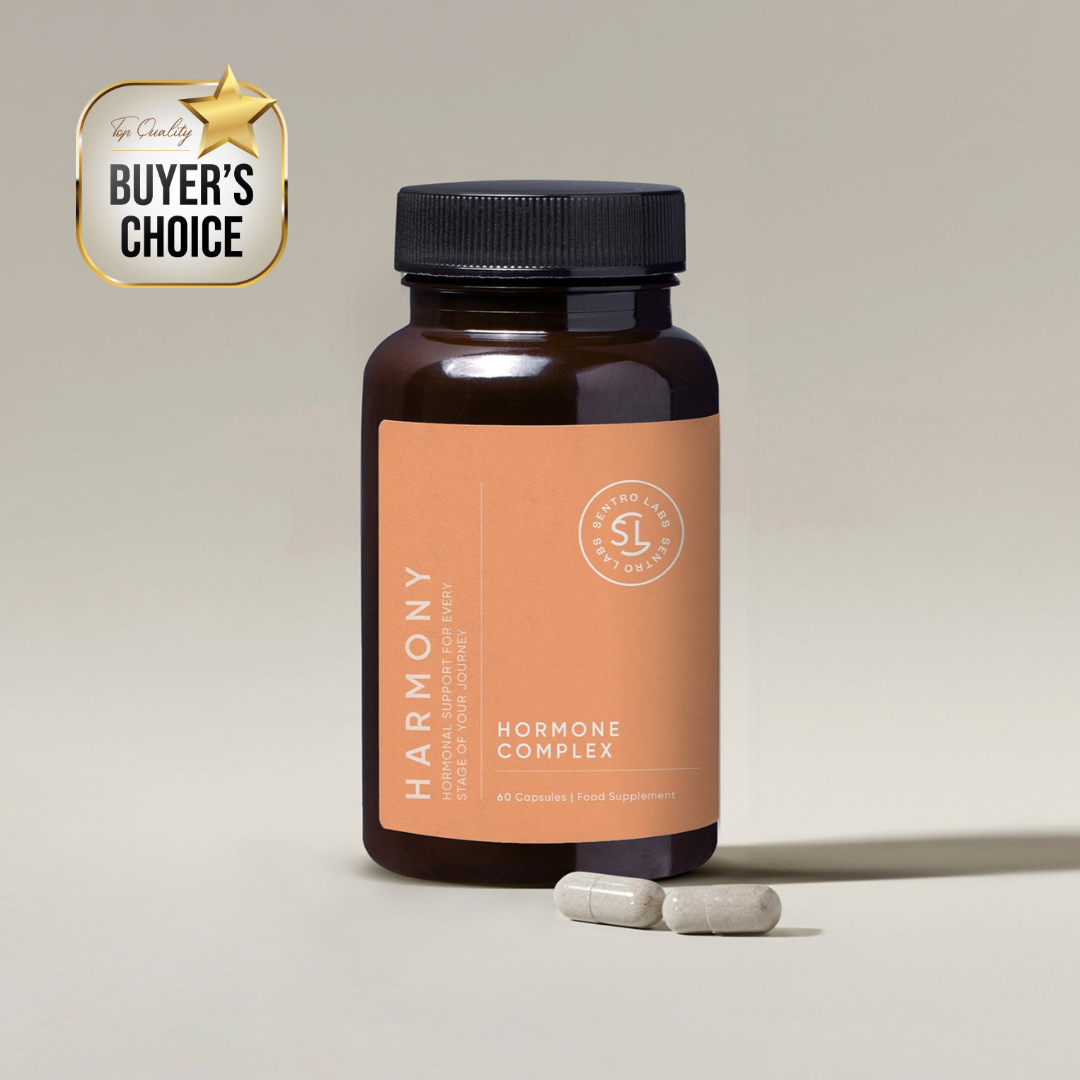
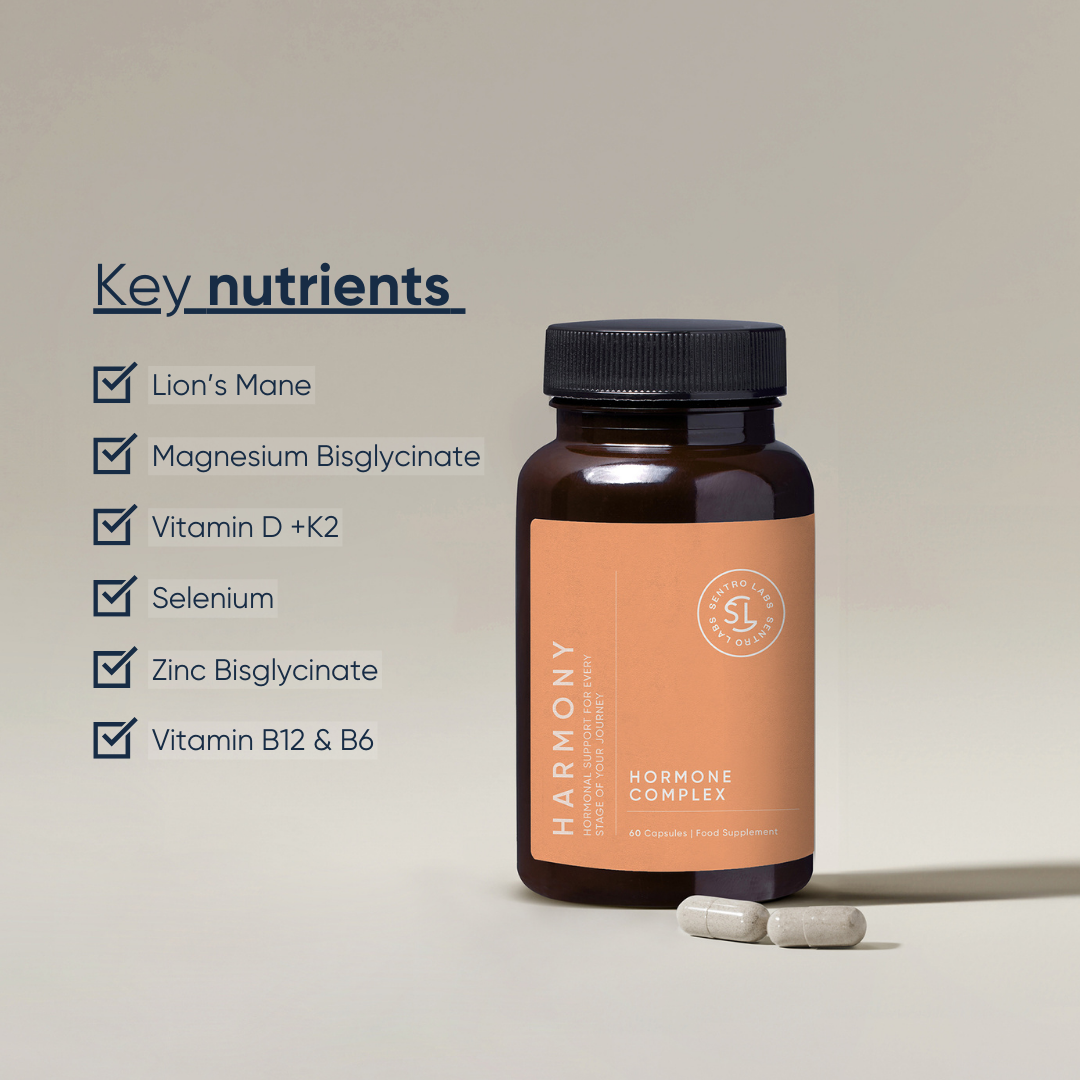
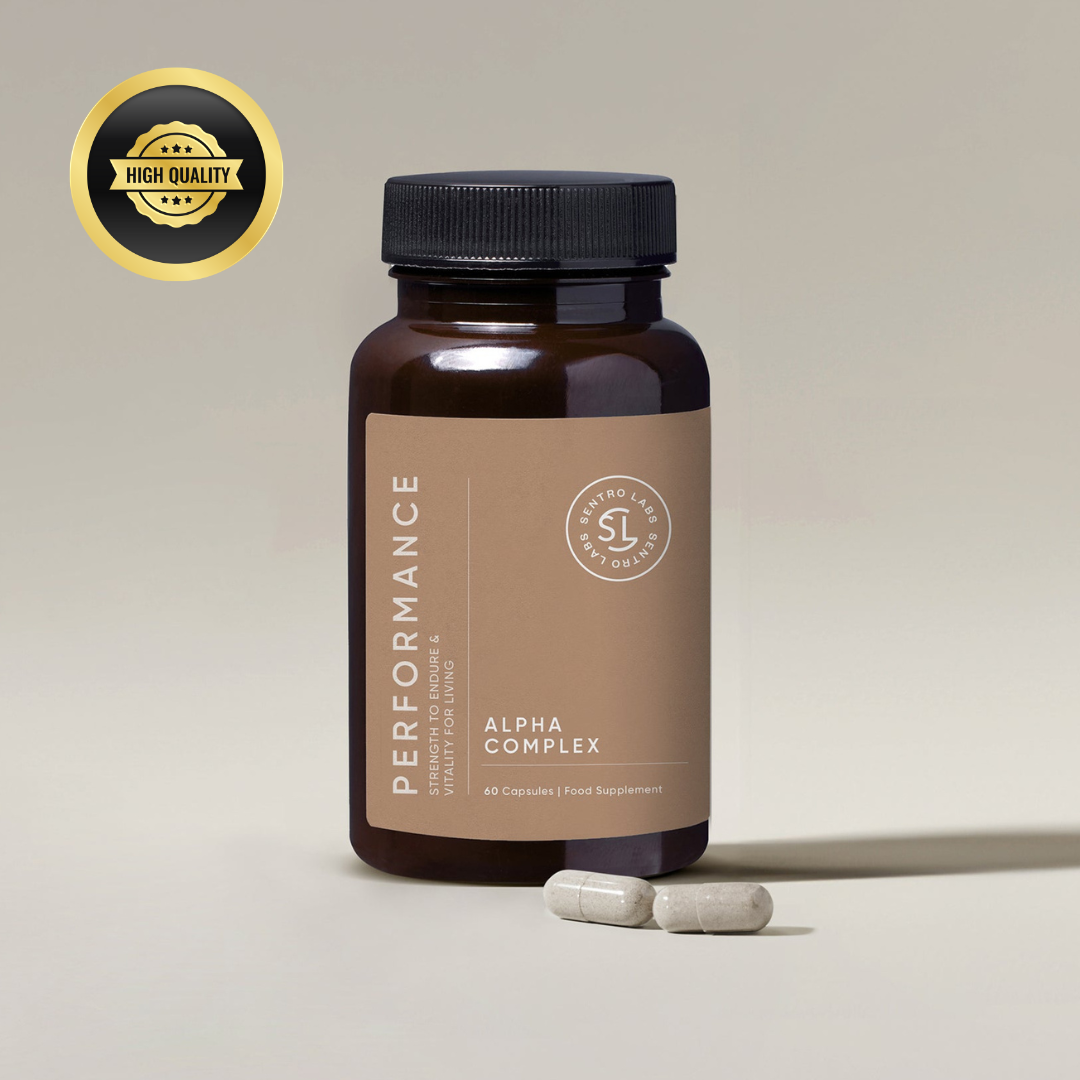
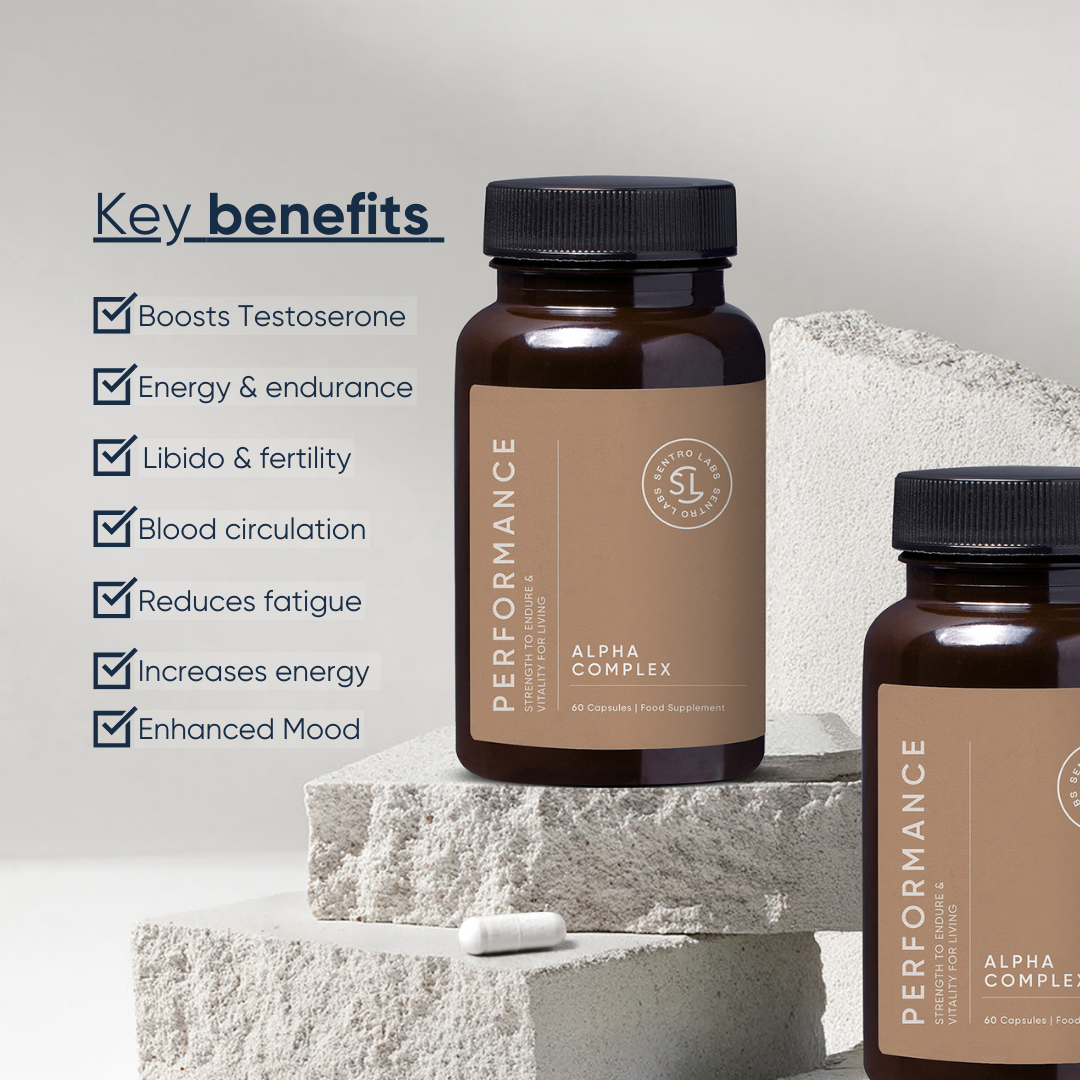
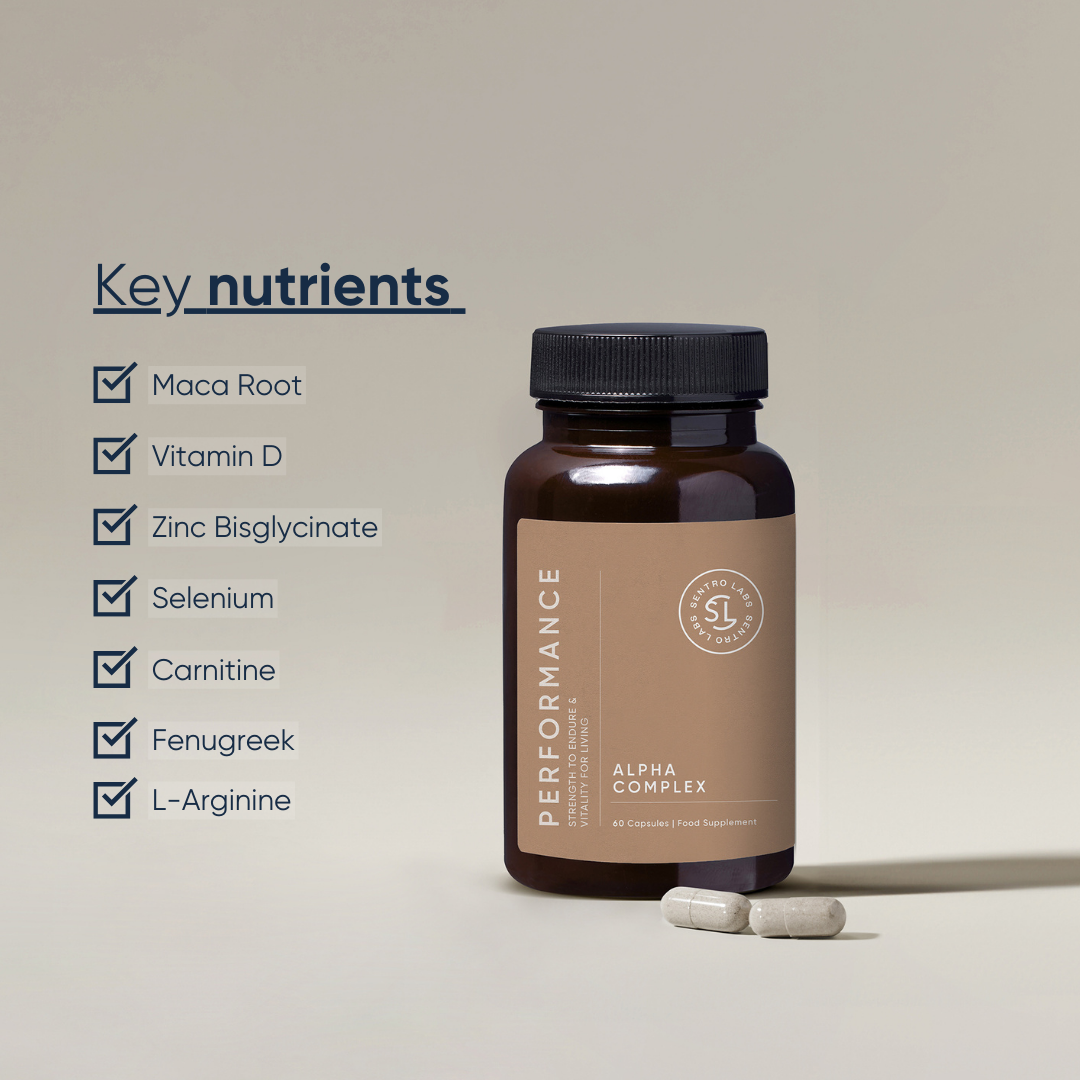
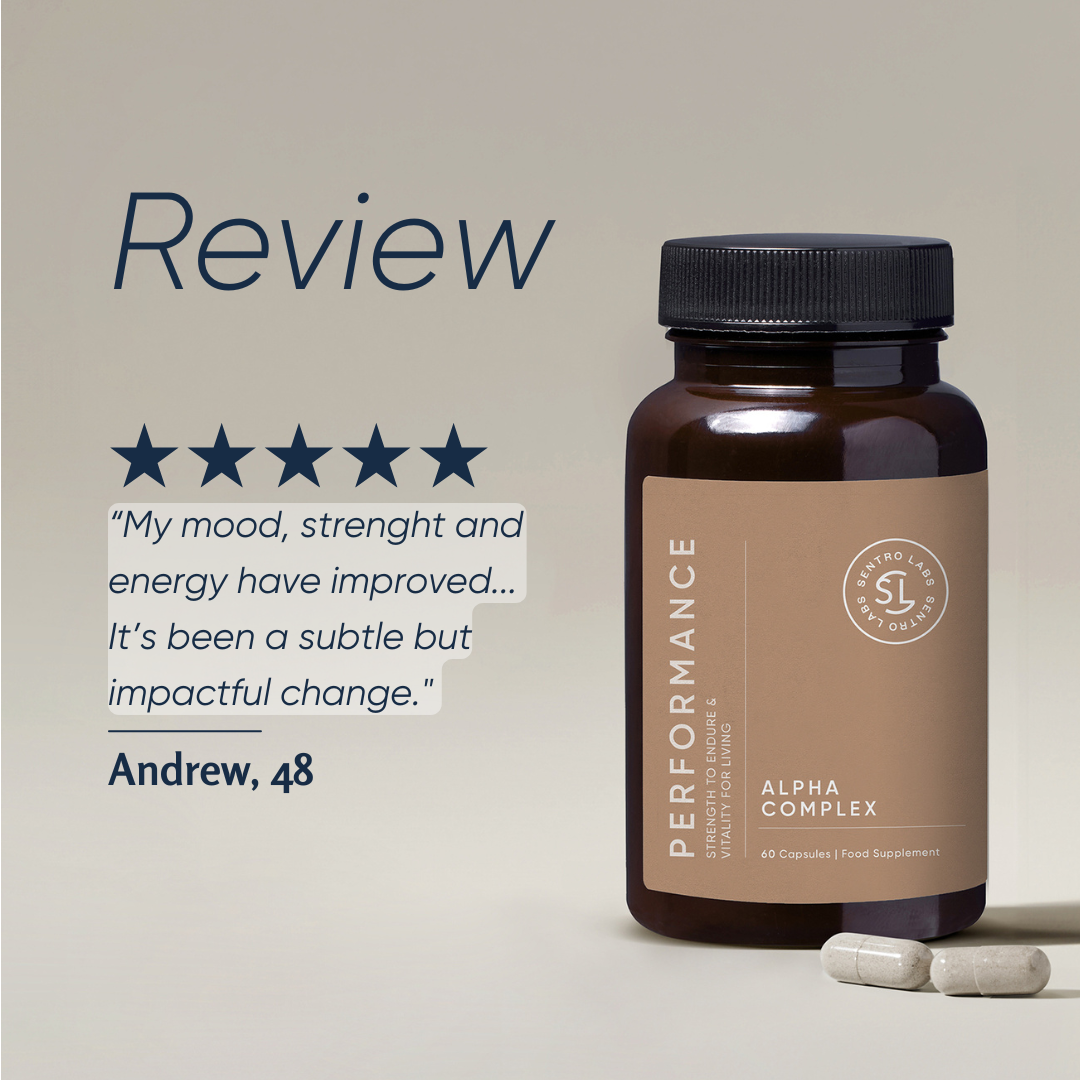
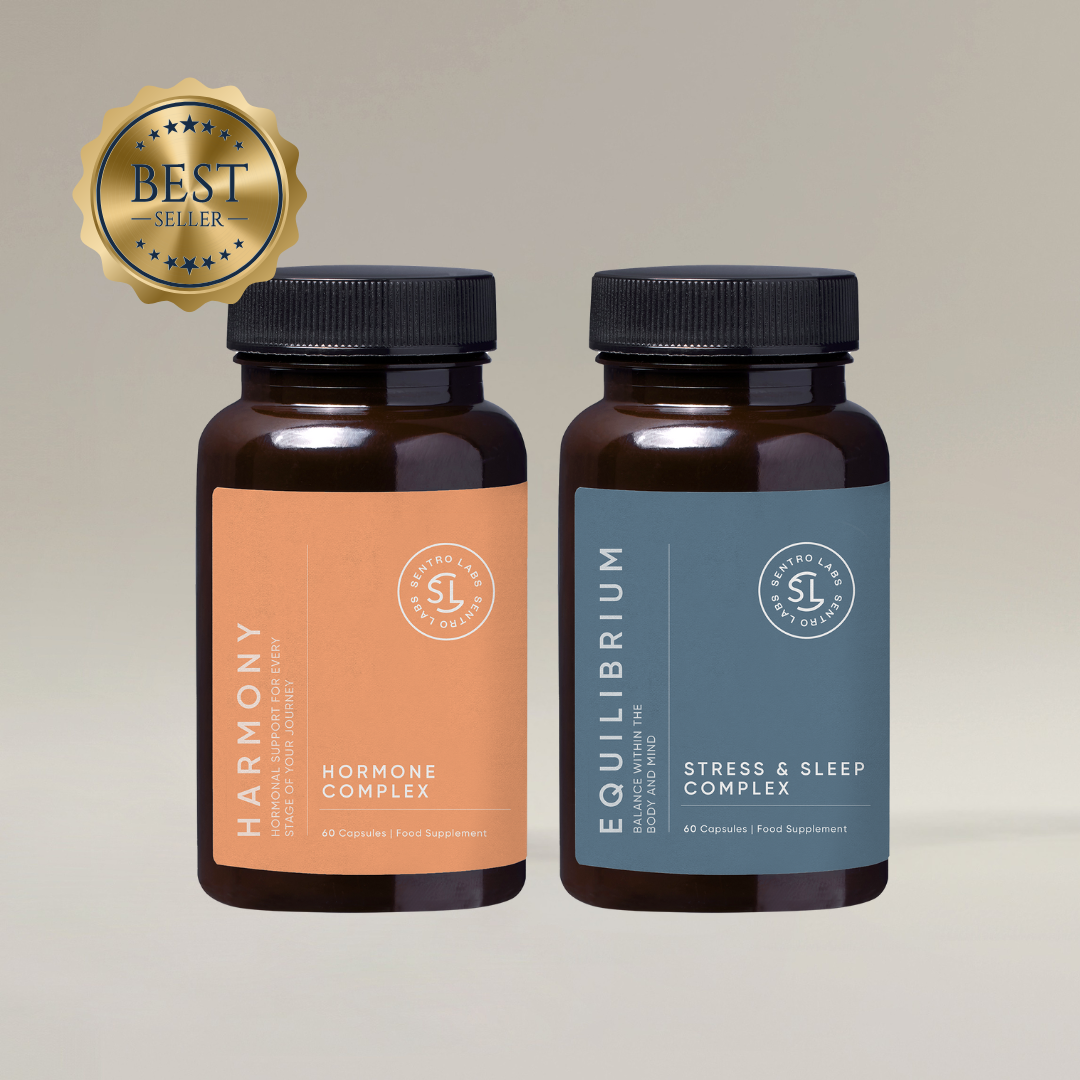
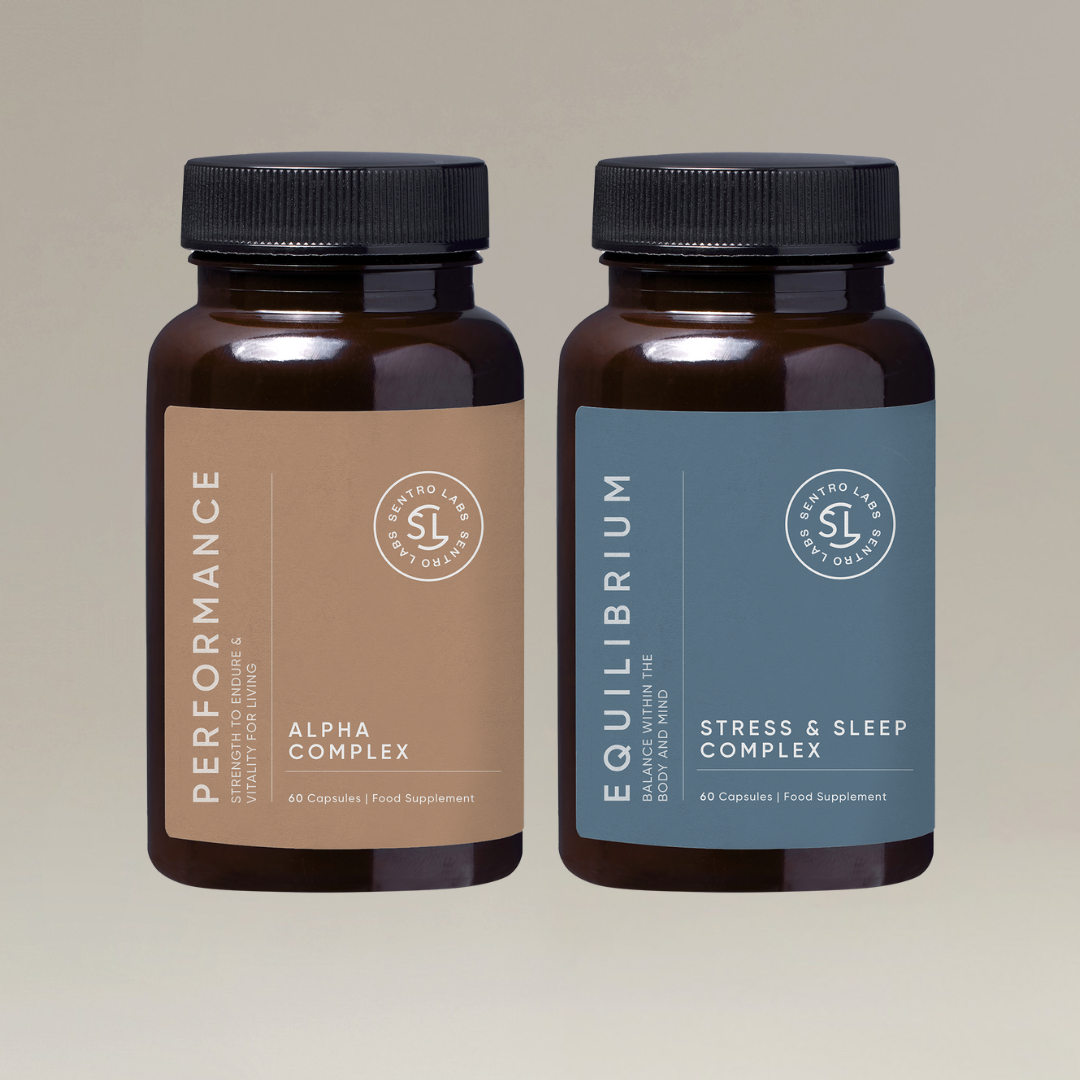
Share:
What Are The Top 10 Perimenopausal Symptoms?